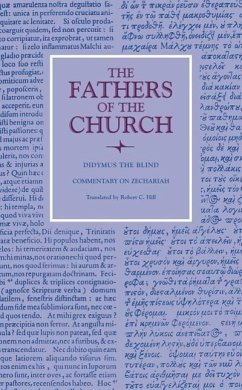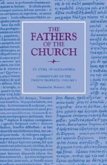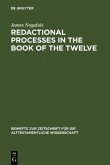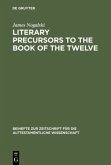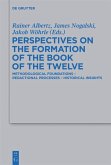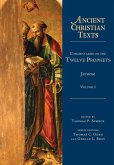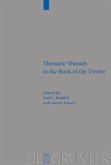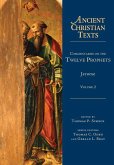Friend of John Chrysostom and pupil of Diodore of Tarsus, the founder of the method of exegesis practiced in Antioch, Theodore was appointed bishop of Mopsuestia in Cilicia in 392. His pedigree thus seems impeccable, as was his early reputation as a commentator on the Bible, which earned him the sobriquet "The Interpreter." More than one modern scholar has been prepared to class Theodore as "the foremost exponent of Antiochene exegesis." Yet not long after his death in 428--coincidentally, but significantly, the year Nestorius acceded to the see of Constantinople--Theodore became the object of intemperate criticism by the likes of Cyril of Alexandria for his Christological views. His works were condemned by the fifth ecumenical council of 553, and only the Commentary on the Twelve Prophets, here appearing in English for the first time, survives entirely in Greek.
Hinweis: Dieser Artikel kann nur an eine deutsche Lieferadresse ausgeliefert werden.
Hinweis: Dieser Artikel kann nur an eine deutsche Lieferadresse ausgeliefert werden.

